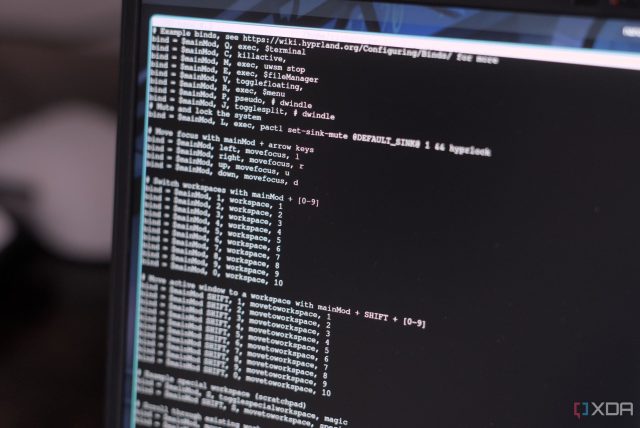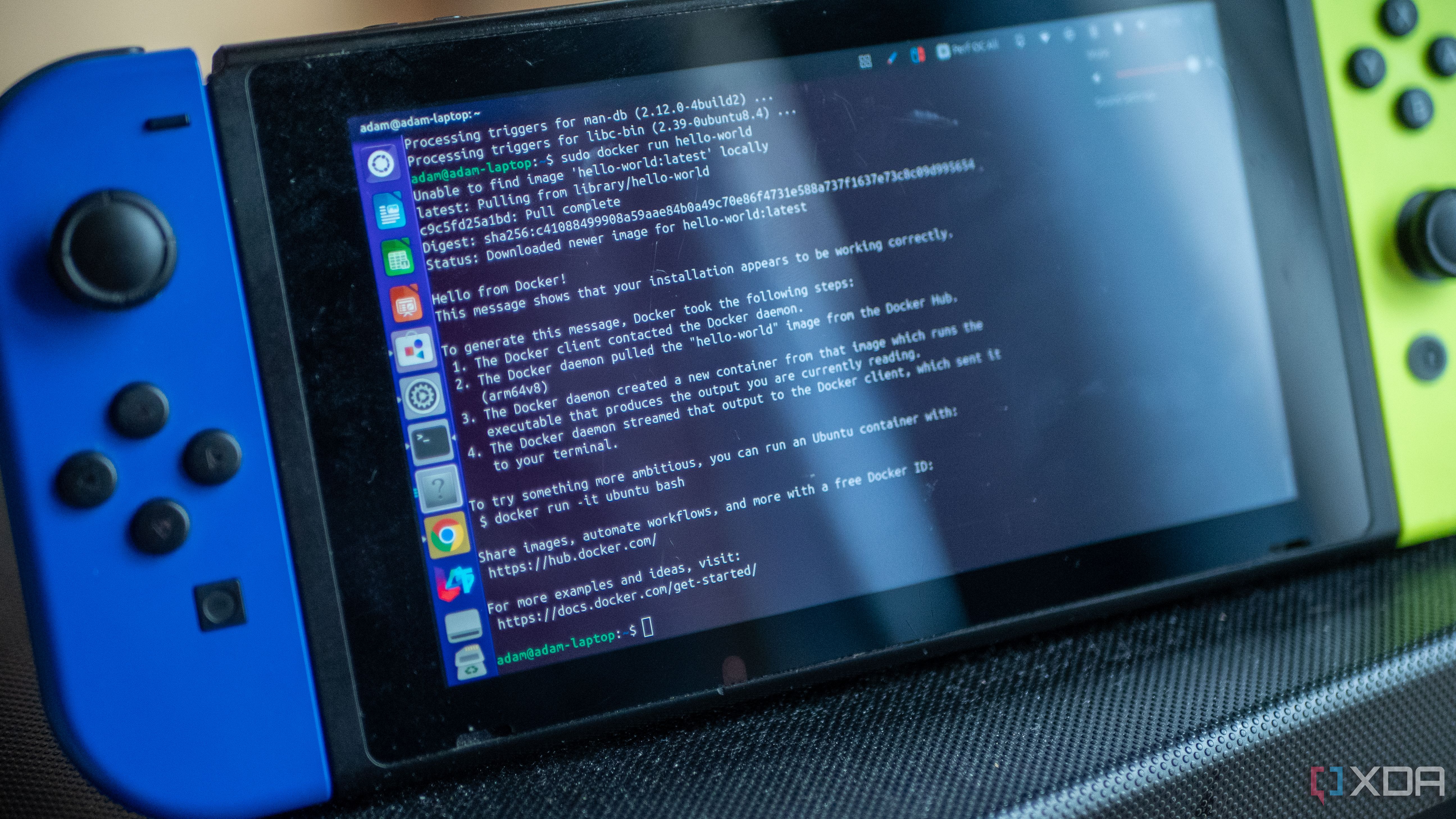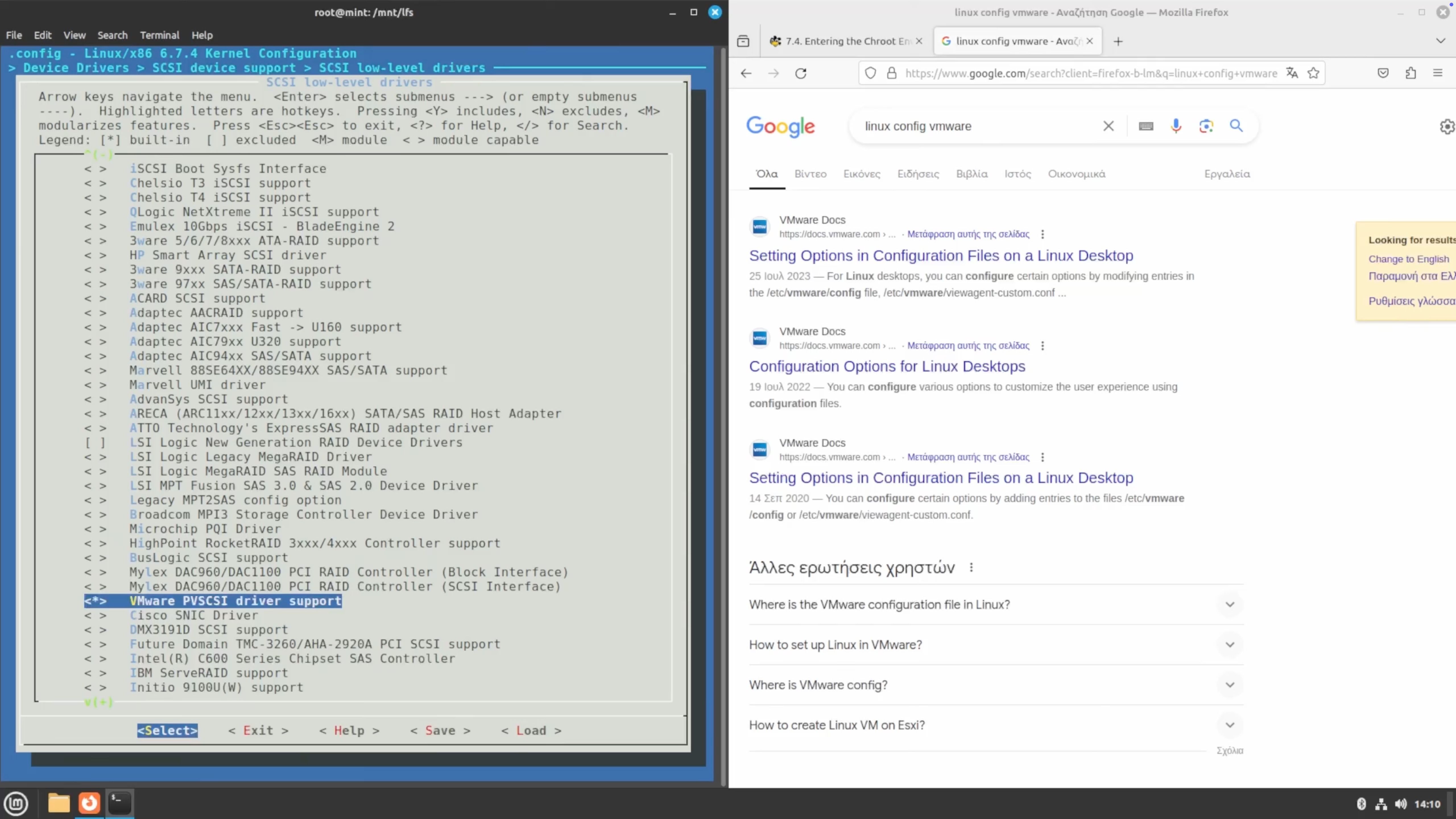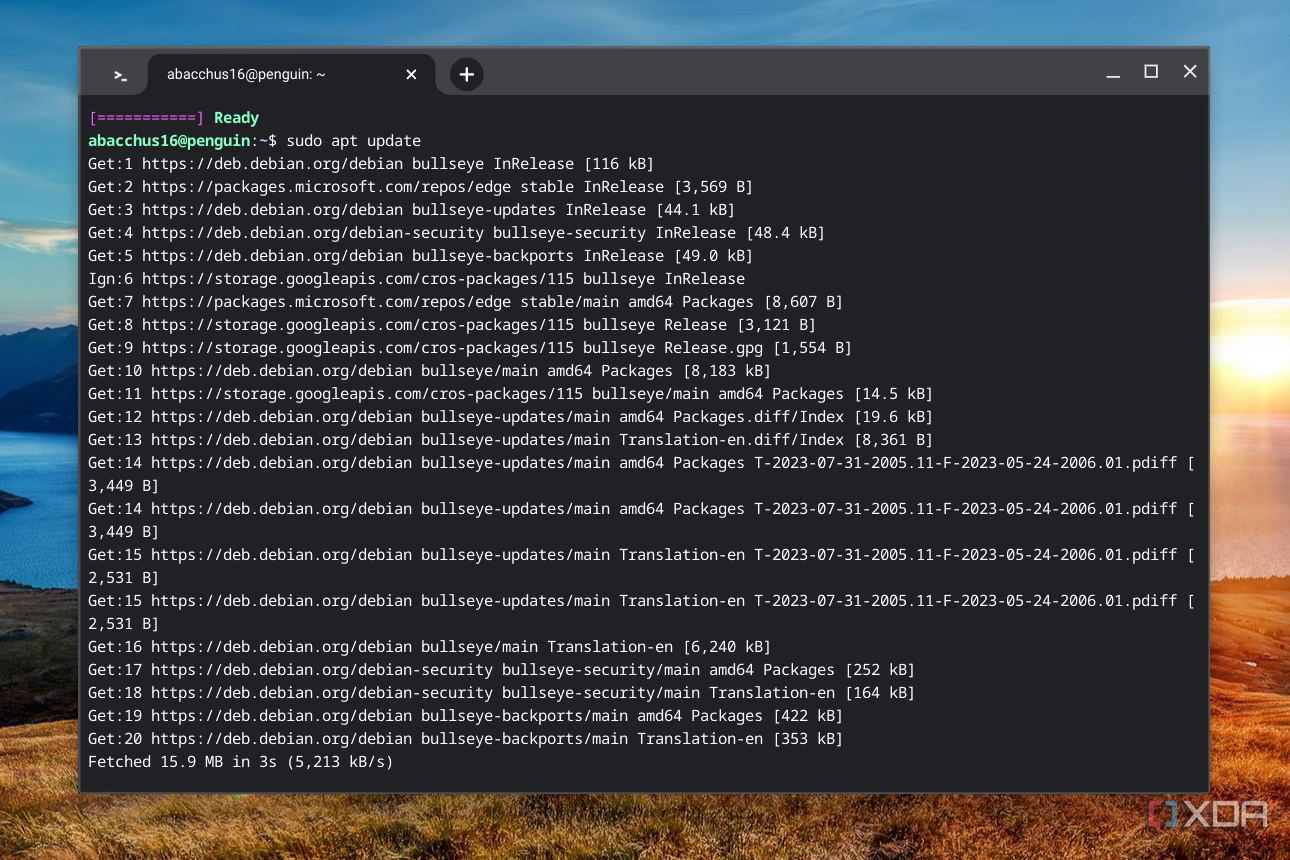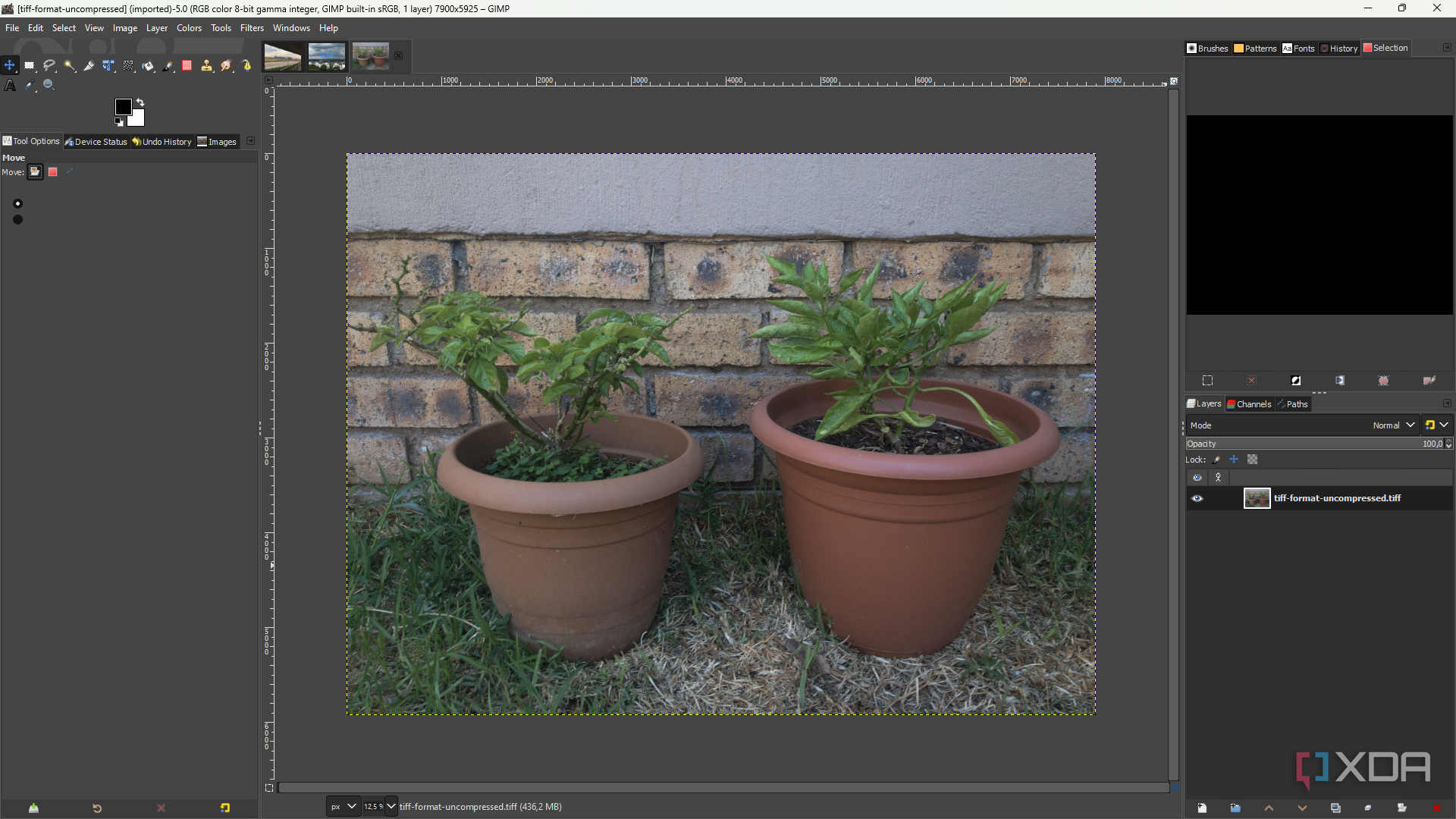For as long as I can remember, Linux has been considered the golden goose for tech enthusiasts. Back in my university days, I started to toy around with Ubuntu, but I never dedicated as much time to it as I could have. I decided to give it another go recently, lured by the promises of an open-source operating system that required minimal system resources. And while I tried to love Linux, I just couldn’t bring myself to use it as my daily driver for several reasons.
Linux isn’t for gamers
Compatibility? What compatibility?
Let me say one thing right off the bat: gaming on Linux has improved in leaps and bounds from the early days. That said, it’s still not the best option for it, and getting specific games to run the way they’re intended to can feel like completing an arcane summoning ritual. The best way to do it is through Proton, and a lot of Windows games will run on that without too much difficulty. But the problems that do crop up aren’t so easily fixed, and often aren’t worth the effort.
Take many online multiplayer games with anti-cheat engines. Apex Legends, in particular, comes to mind. It stopped support for Linux (and Steam Deck, ironically enough) around five months ago. Technically, the game can still run, and its anti-cheat engine does work on many Linux distros, but the developers don’t want to put the effort into keeping everything running smoothly.
Essentially, while Linux can be a suitable option for gaming, it requires significantly more effort than simply installing the game on an already-compatible operating system and proceeding from there. I found myself too tired of fiddling with settings to even enjoy a game after all was said and done.
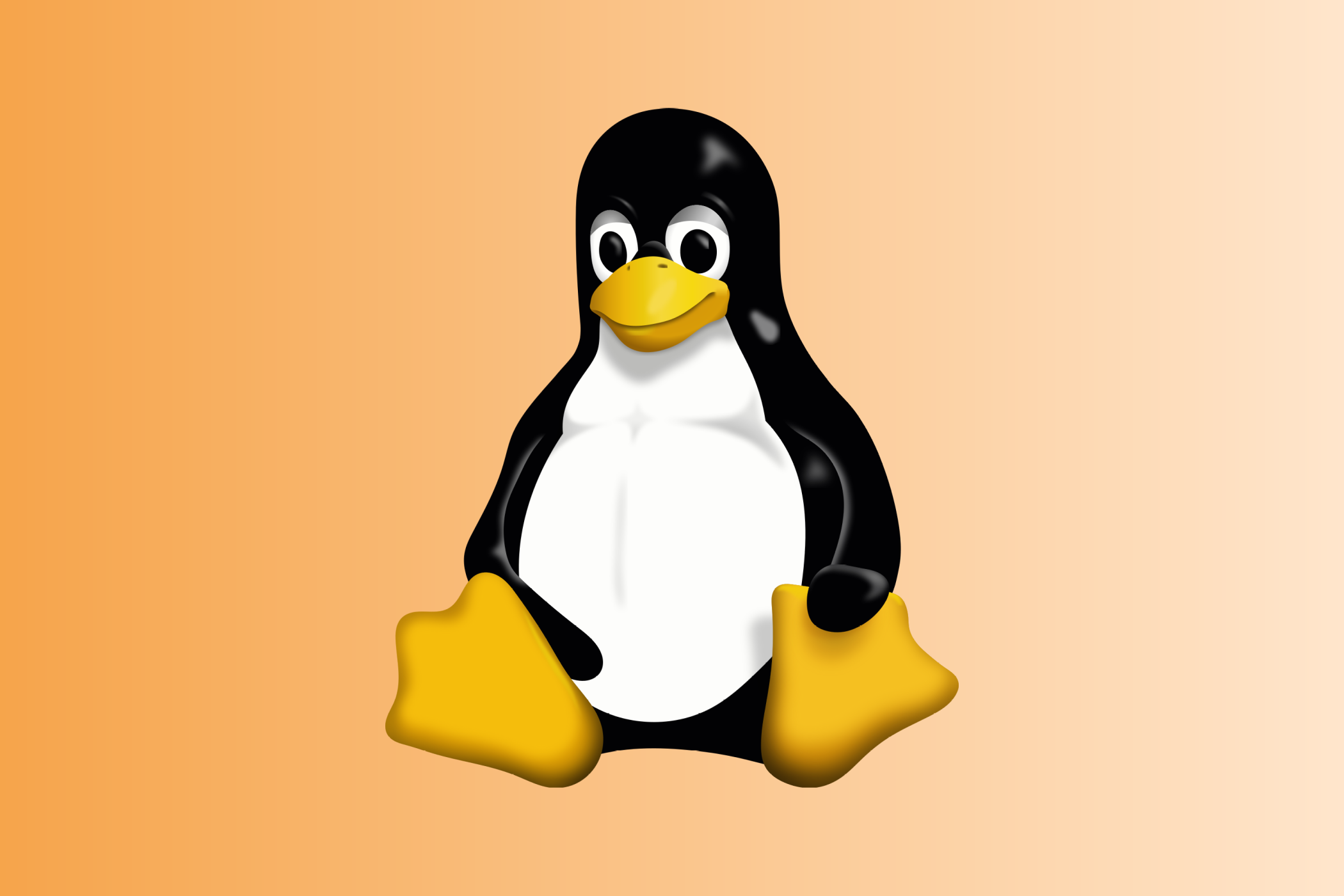
Related
Linux for beginners: Everything you need to know to get started
Linux can seem intimidating at first, but it’s not as complicated as you might think. Here’s the beginner’s guide to Linux.
It’s a tough learning curve
Drivers is a triggering word
Source: Malwarepad/YouTube
I consider myself to be well above average in terms of handling anything related to technology, but Linux pushed my limits. It sometimes felt like kernel updates brought more harm than good, especially when they resulted in broken drivers that could only be repaired by recompiling them. NVIDIA is perhaps the worst culprit here; I had to fix its drivers several times, especially when trying to convince Linux to use the full amount of power my system is capable of.
On that same front, some of my external accessories took a lot of finagling to make work. I have a lot of random bits of tech, some of which use proprietary drivers only intended to work on Windows. In a couple of instances, nothing I did made them work. They simply weren’t compatible.
Linux is only “free” to an extent
The cost is your time
While Linux is an open-source platform that doesn’t require an expensive OS subscription to use, the trade-off is that it takes a lot of time investment. Again, it’s the learning curve I mentioned before. You need to learn how to use command-line inputs and package management systems. And since the Linux file structure differs greatly from that of Windows, you’ll have to learn where and how to find what you’re looking for.
Even once Linux is up and running, the maintenance can still take quite a bit of time. Take Wine, for example; it’s a common workaround for when Windows-focused applications won’t work as they should, but configuring it to work properly can take quite a long time.
Photoshop who?
While there are tools for Linux that can replace commercial applications — most open-source, of course — they just don’t feel the same as applications I’m more intimately familiar with. After years of using Photoshop, I don’t really want to make the leap to GIMP. Sure, it’s equally as powerful, but my muscle memory recalls the wrong keyboard shortcuts, and the way certain aspects of it work aren’t the same. Linux lacks a lot of native compatibility for mainstream software, and while I could set it up to run through an application like Proton or Wine…I don’t want to, especially when it doesn’t offer any immediate benefit to using the same application on a different operating system.
It’s not always beginner-friendly
Linux lives and dies by its community, and that’s a good thing — but it can also be hard to make inroads in certain forums, especially if you don’t have an extensive enough technical background. Many Linux enthusiasts expect you to know a certain amount and put the effort into researching the answer to your question before reaching out. While fair, that can be intimidating to many people. A question might be overlooked, and searching out the exact solution can be time-consuming and frustrating.
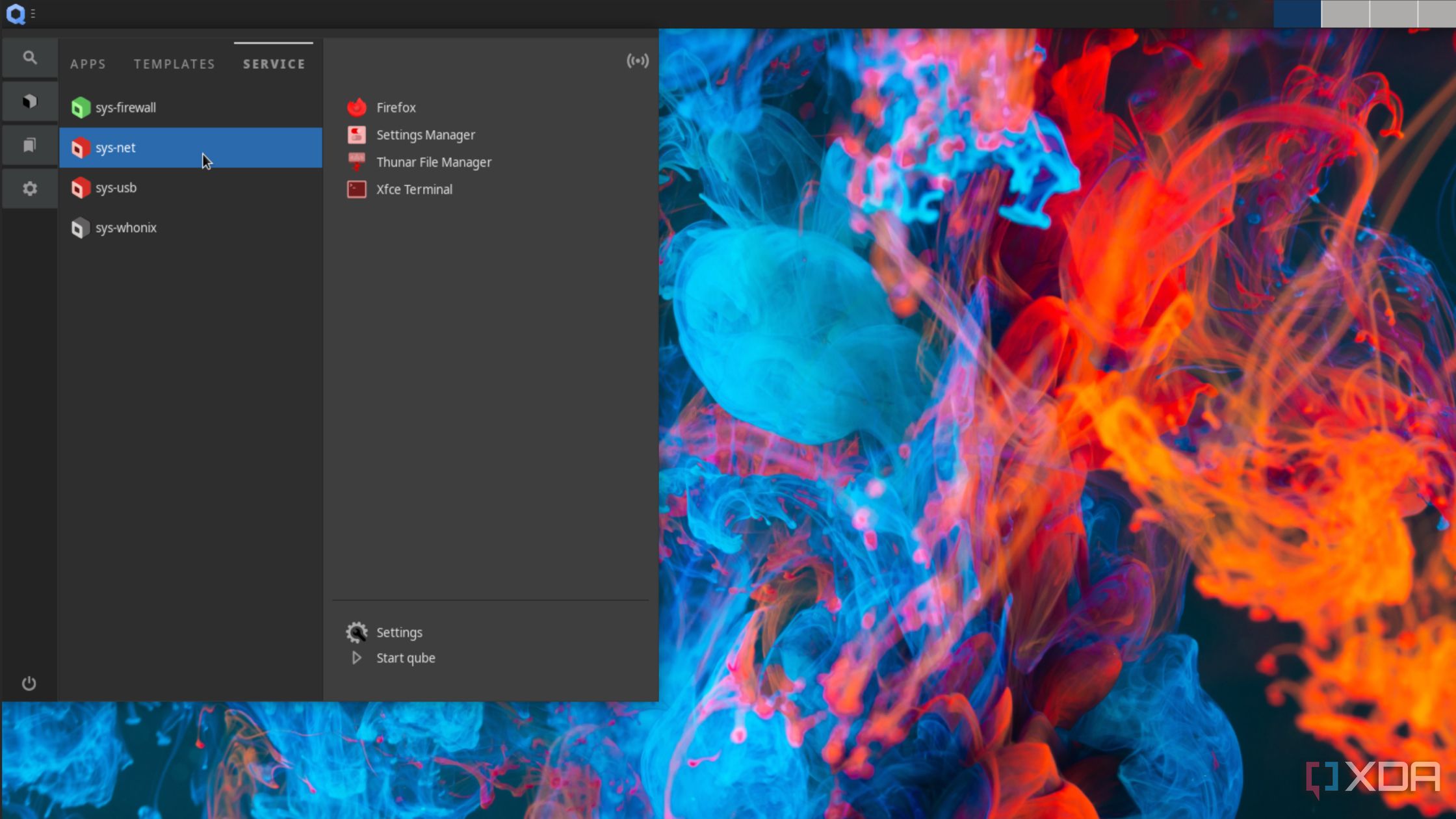
Related
5 of the most unique Linux distros you need to try out
Spice up your Linux life with these fun yet highly-functional distributions
Linux is great, but it isn’t for everyone
The existence of Linux is something of a miracle in and of itself. An open-source operating system with an enthusiastic community that is functionally on par with Windows or Mac is nothing short of impressive, but it isn’t for total beginners. You need a certain level of coding skills and a willingness to invest time and effort into getting it up and running. There are loads of different Linux-based operating systems, ranging from Ubuntu to Debian and everything in between, and all differ from one another in ease of use. As much as I wanted to like Linux, it just didn’t suit my use case. It’s something I’ll keep around to boot up from a separate drive when I want to play around with it, but for day-to-day work, I’ll stick to macOS.


